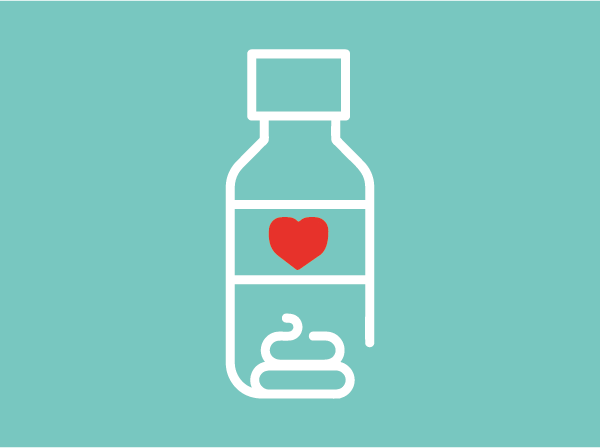OpenBiome Presents to FDA on success of enforcement discretion, future of FMT regulation and donor screening
Press Release
Share
CAMBRIDGE, Mass—On November 4th, the FDA held a public meeting to seek input on the future of FMT regulation, and on its current policy of enforcement discretion, which permits the clinical use of fecal microbiota transplantation (FMT) to treat recurrent C. difficile not responsive to standard therapies.
OpenBiome was invited to share its perspective at the hearing on the policy of enforcement discretion in balancing patient access, safety, and clinical trials to support innovation and development. OpenBiome presented data from its experience as the first public stool bank in the United States, and as the country’s largest provider of FMT material, having distributed 50,000 treatments to a network of 1200 hospitals and clinics under enforcement discretion for the treatment of C. difficile infection. Dr. Majdi Osman, OpenBiome’s Chief Medical Officer, was first on the agenda, and presented data supporting the continuation of enforcement discretion, approaches to regulating FMT in the future, and recommended introduction of universal donor screening standards. The key recommendations from Dr. Osman’s presentation are below, and his full remarks as prepared for delivery can be found here.
-
Enforcement discretion should continue as long as there is a lack of available, approved alternatives addressing a serious and unmet medical need. FMT provides the only treatment option for tens of thousands of patients with recurrent and refractory C. difficile who have already failed standard therapies and are not eligible for industry clinical trials, often due to having complicated disease or exclusionary comorbidities (A recent study found that only 25% of patients eligible for an FMT would be eligible for current industry clinical trials).
-
Moving forward, regulation of FMT can be informed by the regulation used for blood banks and other donor-derived substances as well as policies from other countries. While FMT presents a unique and complex regulatory challenge, regulators can look to other donor-derived substances, and FMT regulatory frameworks from other countries. A recent regulatory framework developed by Australia balances patient access while maintaining standards for continued drug development by regulating FMT based upon the source of the stool and the manufacturing process it goes through before the FMT procedure – similar to a 2017 proposal from Hoffmann et al.
-
Universal screening and safety standards should be defined and enforced for all microbiome-based products derived from a human donor. Donor screening is complex and requires frequent updates based on improved understanding of the human microbiome, and the risks and benefits associated with FMT. Universal standards could further reduce risks associated with FMT, while providing robust oversight for continuous improvement.
Dr. Osman and OpenBiome appreciated the opportunity to share this perspective, and to hear from patients, physicians, researchers, industry, and the FDA. We look forward to working closely with all of these groups, in pursuit of our mission to enable patients and clinicians to have safe access to FMT.
Download this press release (133 KB)
###
About OpenBiome
OpenBiome is the first public stool bank, and a 501(c)3 nonprofit organization, founded to expand safe access to fecal transplantation for patients with recurrent C. difficile infections and to catalyze research on the microbiome’s role in human health. OpenBiome provides clinicians with rigorously screened, ready-to-use preparations and supports researchers with a suite of tools to discover how gut bacteria might treat diseases beyond C. difficile.Since 2013, OpenBiome has partnered with over 1,200 healthcare institutions across all 50 states to deliver more than 50,000 treatments for recurrent C. difficile.Its research portfolio includes 34% of all active and completed trials in the United States exploring the use of fecal transplants to treat disease. For more information, visit http://www.openbiome.org.
